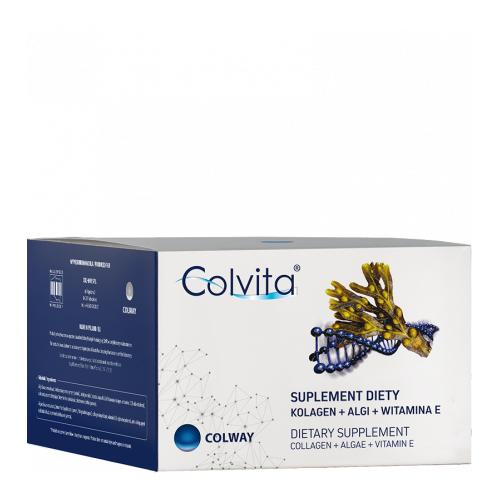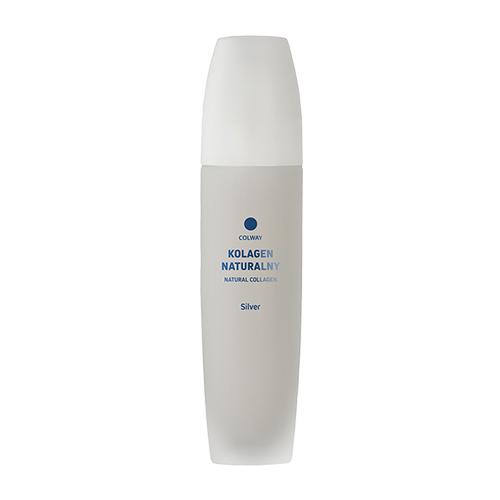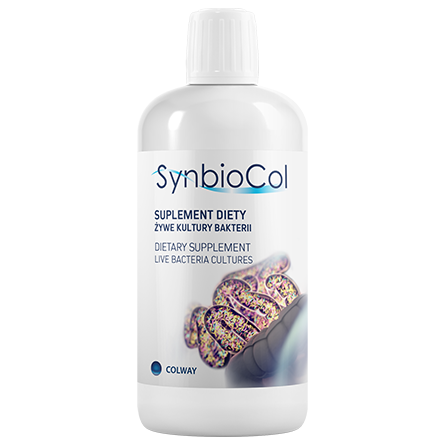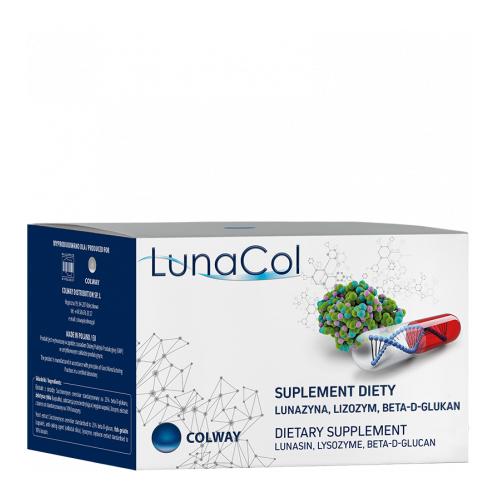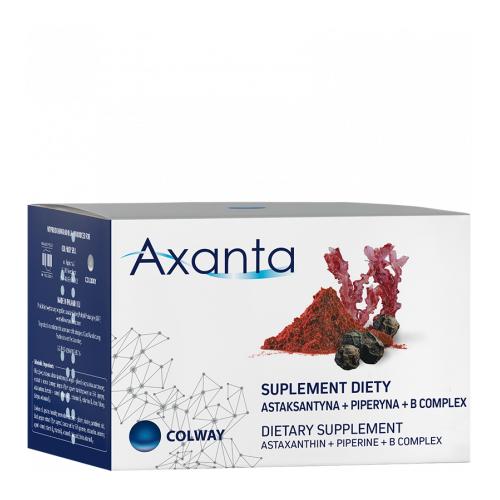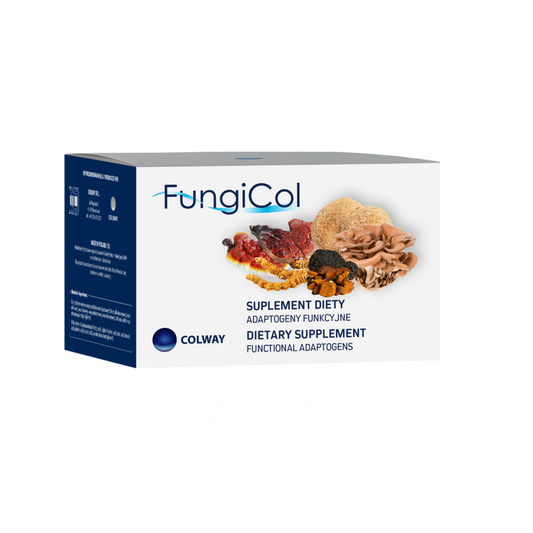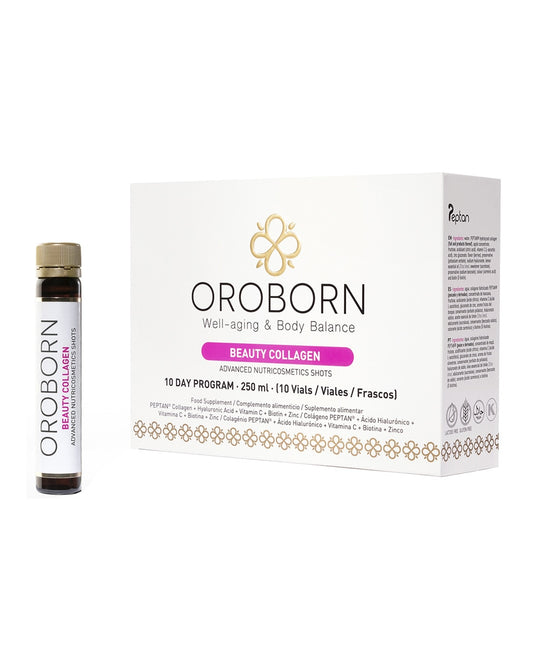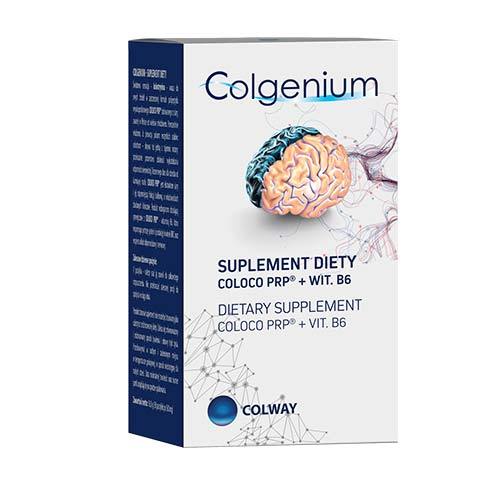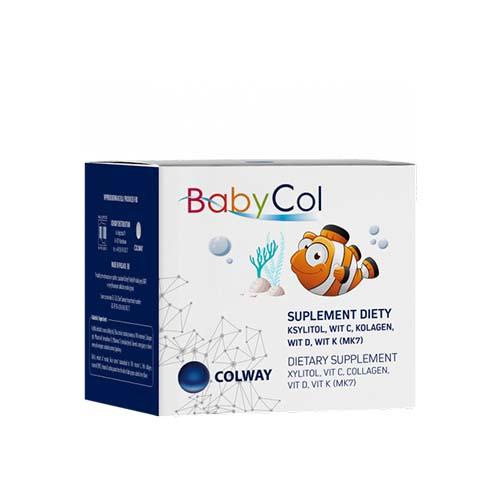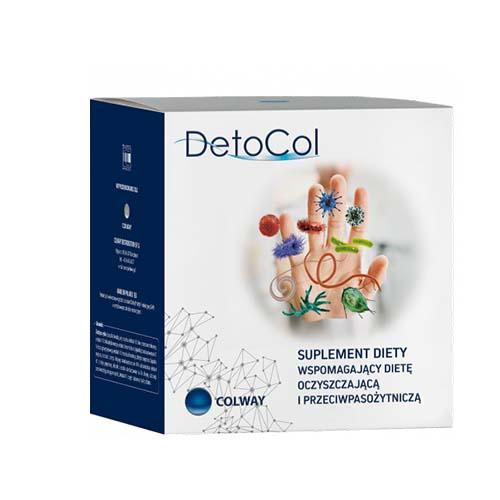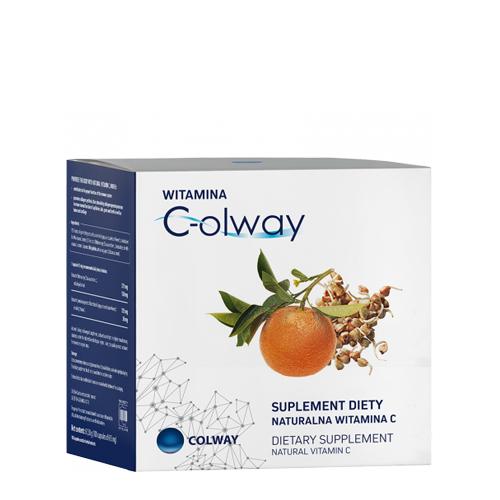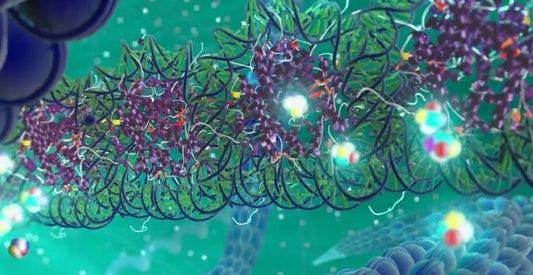Introduction
Scars are the body's response to trauma and are part of the natural healing process. Wound healing is a complex process that involves four main phases: haemostasis, inflammation, proliferation, and tissue remodeling. Collagen plays a key role during the last two phases of healing, which is when scar tissue forms over the wound. In this article, we will explore how collagen-infused topical products and capsules can be helpful in scar management.
phases of wound healing
hemostasis
Hemostasis is the first phase of wound healing and its main objective is to stop bleeding. During this phase, blood clots form and chemicals are released that prepare the area for the next phase.
Inflammation
Inflammation is the second phase and its function is to eliminate bacteria, dead cells and tissue debris. At this point, the cells of the immune system go into action, releasing chemicals that attract more immune cells to the area of the wound.
Proliferation
The proliferation phase is when the cells surrounding the injured skin begin to multiply rapidly. Within the wound bed, cells called fibroblasts produce new collagen to begin rebuilding the extracellular matrix (ECM) of the skin.
tissue remodeling
In the tissue remodeling phase, collagen controls tissue architecture and restores strength to damaged skin. It is at this stage that the scar forms, which can be flat, raised or sunken, depending on how the collagen is reorganized.
Collagen in wound healing
types of collagen
Collagen is a fibrous protein found in skin, bone, tendons, and other connective tissues. There are several types of collagen, but types I and III are the main components of scar tissue.
Role of collagen in healing
Collagen helps maintain the structural integrity of the skin and provide strength and elasticity. During the proliferation phase, type III collagen is produced in large quantities by fibroblasts. As the wound progresses into the tissue remodeling phase, type III collagen is gradually replaced by type I collagen, which is stronger and helps restore tissue strength.
Collagen products for scar management
Collagen topicals
Topical products or creams and gels with collagen, such as creams and gels, can be applied directly to the scar to improve its appearance and speed up the healing process. These products may contain hydrolyzed collagen, which is more easily absorbed by the skin, and other active ingredients that help stimulate collagen production and improve skin hydration.
collagen capsules
Collagen capsules are oral supplements that contain hydrolyzed collagen in powdered form. Regular consumption of collagen capsules can help improve collagen production in the body, which can contribute to better wound healing and overall healthier-looking skin.
Collagen benefits in scar management
Some of the benefits of collagen in scar management include:
- Stimulation of collagen production at the wound site, which can speed up the healing process.
- Improves the appearance of scars by increasing the elasticity and smoothness of the skin.
- Reduction of inflammation and redness in the scar area.
- Prevention of the formation of hypertrophic and keloid scars.
Ways to improve collagen absorption
To get the maximum benefits from collagen products, it is important to enhance the absorption of collagen in the body. Some ways to achieve this include:
- Consume foods rich in vitamin C, such as citrus fruits, strawberries, and bell peppers, since vitamin C is essential for collagen synthesis.
- Maintain a balanced diet that includes protein, healthy fats, and complex carbohydrates.
- Apply collagen-containing topicals to clean, slightly damp skin to enhance absorption.
Contraindications and precautions
Although collagen is generally safe for most people, it is important to note some contraindications and precautions:
- If you are allergic to marine products, avoid collagen supplements derived from marine sources, as they could cause allergic reactions.
- Consult a doctor before starting collagen supplements if you are pregnant, lactating, or taking blood-thinning medications.
- If you have an open or infected wound, avoid applying topical collagen products until the infection has been treated.
conclusions
Collagen plays a crucial role in wound healing and scar management. Topical products and collagen capsules can be helpful in improving the appearance of scars and promoting healthier skin overall. However, it is important to follow the precautions and contraindications mentioned to ensure safe and effective use of these products.
Frequent questions
1. How long do I have to use collagen products to see scar improvement results?
Results may vary depending on the person and the severity of the scar. In general, you may notice improvements in the appearance of your scars after a few weeks of regular use of collagen products.
2. Can I use collagen products on old scars?
Yes, collagen products can be helpful in improving old scars, although the results may be more noticeable on newer scars.
3. Are collagen supplements safe for all ages?
In general, collagen supplements are safe for most people, including children and older adults. However, it is important to consult with a doctor before starting collagen supplements in people under the age of 18 or in older adults with specific health problems.
4. Can I combine the use of topicals and collagen capsules?
Yes, combining the use of topicals and collagen capsules can provide additional benefits in scar management, as you will be addressing the problem from both the outside and the inside.
5. Are there any side effects when using collagen products?
Side effects when using collagen products are rare, but can include allergic reactions, especially if you are allergic to marine sources. If you experience redness, itching, or swelling after applying a collagen topical product, discontinue use and consult a doctor.




















































































































